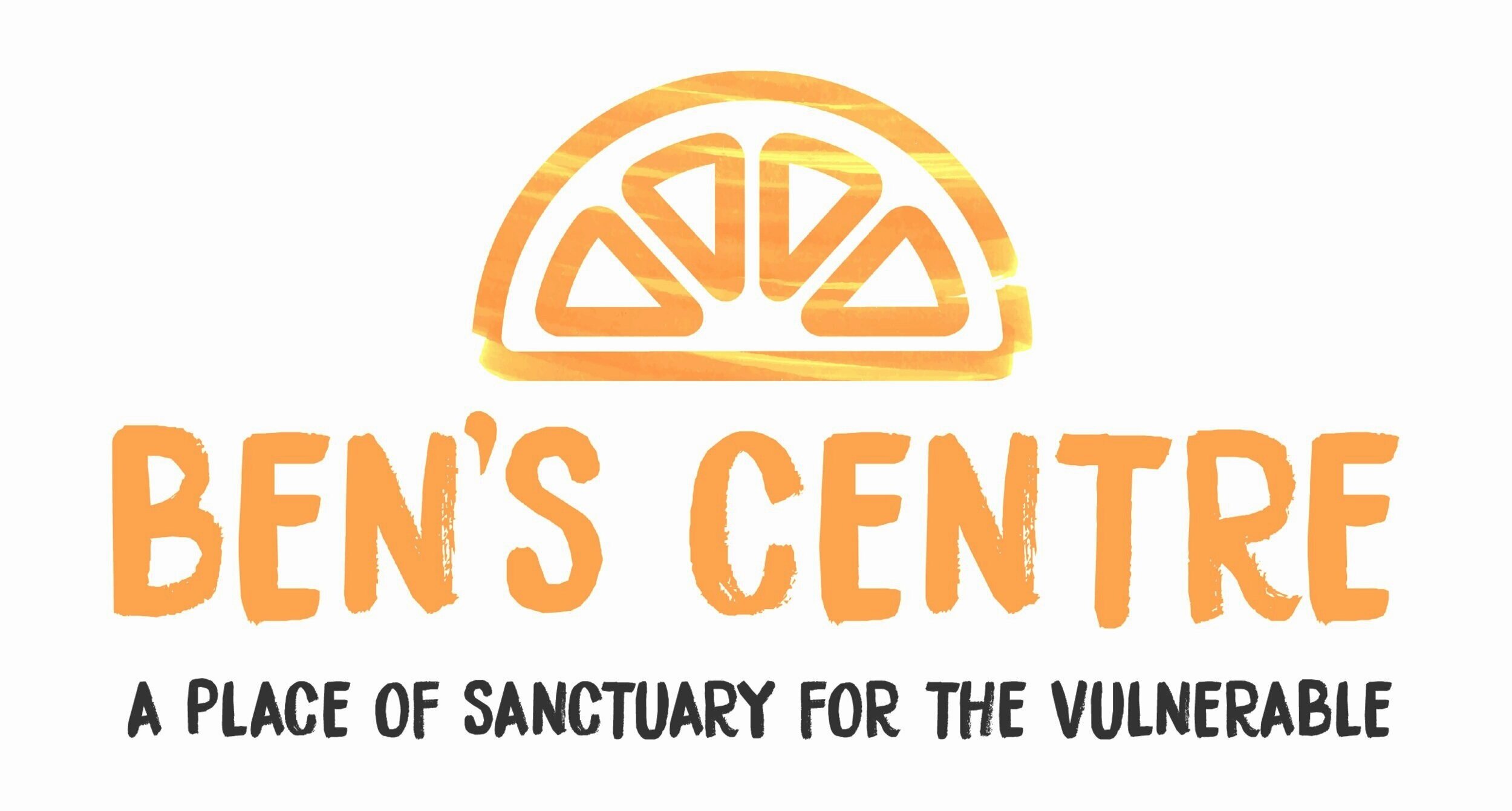Should You Give Money to People on the Street?
Gloucester City Council drew much controversy after posting anti-homeless propaganda around the city in 2018.
Homelessness, and the way we as a society approach vulnerable people such as rough sleepers or street drinkers, is an often controversial topic. We can all agree that not having stable housing and income to survive is an awful thing, but beyond that there are many differing opinions on people that live on the street and how they should be helped. There is none more debated, however, than whether or not members of the public should give change to people on the street. Even at Ben’s Centre you might get a different answer depending on who you ask.
You might be reading this thinking “Why on earth would anyone be against giving money to the needy!?” If you have spare change in your pockets why wouldn’t you help the person on the street to get some food? For some people opinions are based in prejudice - stereotypes that homeless people are lazy, or that street drinkers deserve to be in their situation as they choose to drink. Others may suspect that anyone begging is just doing it as an easy way to get free cash. For the purposes of this blog we’re going to ignore these opinions, and focus on those of people who believe homeless people and those with substance issues deserve help and support. Sitting on a cold street all day begging for change is incredibly uncomfortable and humiliating - something nobody would choose unless they were desperate.
The argument you hear most often is that if you give money to someone on the street, they’ll just spend it on alcohol or drugs. Whilst it is wrong to assume that every homeless person will do this, it is a possibility. It’s considered completely normal for people to pour themselves a drink after a long day at work - so why should people braving cold uncomfortable street life be shamed for wanting to drink? We should also consider that a lot of the time, rough sleepers spending money on substances are doing so because they have no choice. Withdrawal symptoms can range from unpleasant to fatal, not to mention the humiliation and discomfort of facing them whilst in public. If someone is begging, usually they are trying to get themselves a bit of food, basic essentials, or a cheap hostel for the night. Either way, they are adults and should be afforded the respect to make their own choices with money.
A lot of people who won’t give cash feel more comfortable giving people food or asking if there’s something they’d like from a shop instead. This is a great option if you have no cash on hand - food, wet wipes or hand gel, hot drinks, sleeping bags or new clothes can all be a lot of help to someone living on the street. Others would say the most effective way to help homeless people is to donate the cash you would give to them to charities instead. Whilst it’s true this will likely have a greater long term effect on the local population, (and we encourage everyone to donate regularly to their local organisations!) it’s important to consider that this doesn’t help the individual in front of you trying to find food and shelter for the night. Ben’s Centre is a part of Help Us Help, a “don’t give cash” initiative. This is not to say it’s bad to give a person on the streets cash, but to raise awareness and inform people that giving cash will not help Sheffield’s issue with homelessness.
Project CEO Daryl Bishop on how we can help people on the street (ITV Calendar)
So - what is the right answer? It’s a case-by-case basis, really. We believe that if you’re in a position to help someone, you should. If you can't give someone your spare change, offer food or a hot drink. If you can't afford that, it's okay to say no. Maybe you can offer a smile and a bit of friendly chatter to brighten their day instead. Most importantly, whether you can help or not, you should not ignore people who are begging. If you can't stop, a simple "I'm so sorry, I’ve got no change" is much better than being ignored. Living on the street and being walked past by a lot of the public can be very dehumanizing, so that little bit of compassion can make a big difference.
“They feel shunned by society, and because they’re shunned that just makes it all worse. If people embraced other’s trauma a bit more and try and help out when they can - smile, say hello, it would go a long way.”

